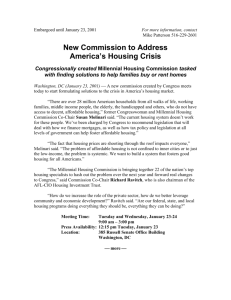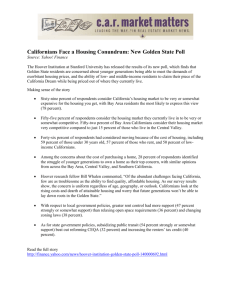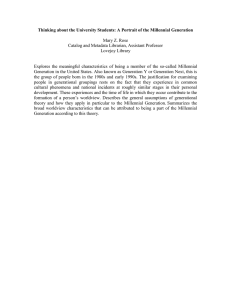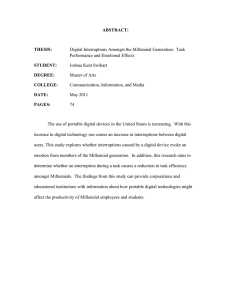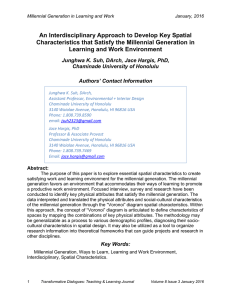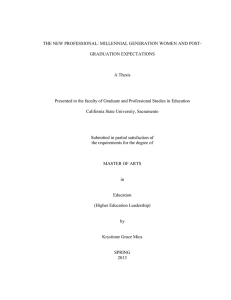Talking Points for Lieutenant Governor Cruz M. Bustamante Millennial Housing Commission Hearing
advertisement
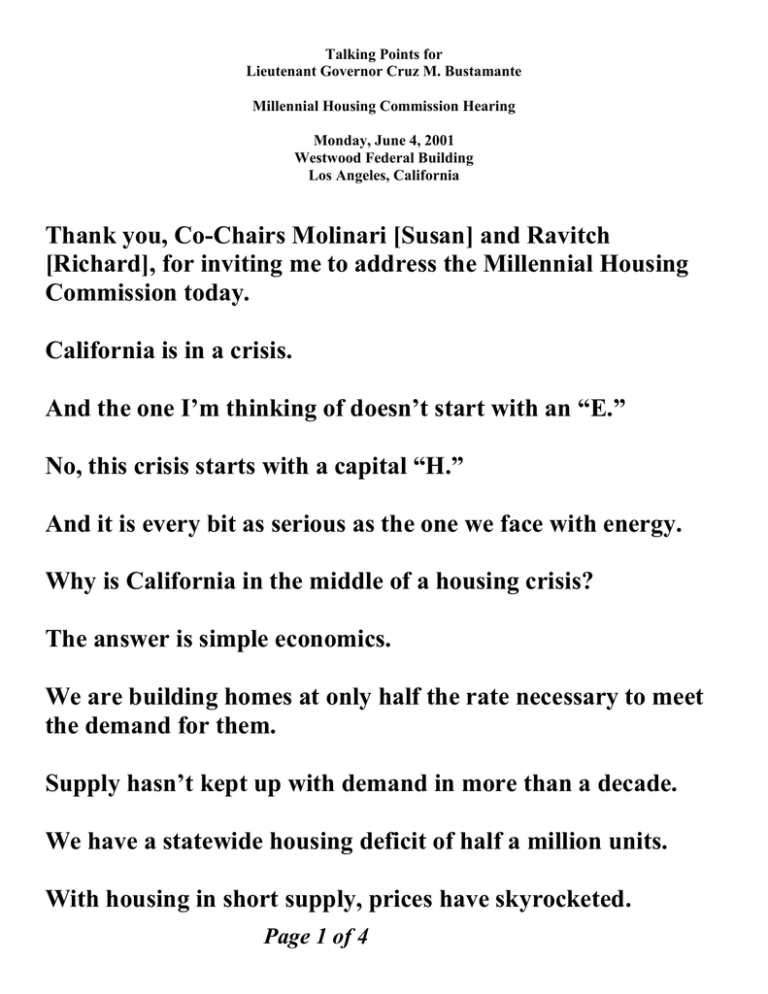
Talking Points for Lieutenant Governor Cruz M. Bustamante Millennial Housing Commission Hearing Monday, June 4, 2001 Westwood Federal Building Los Angeles, California Thank you, Co-Chairs Molinari [Susan] and Ravitch [Richard], for inviting me to address the Millennial Housing Commission today. California is in a crisis. And the one I’m thinking of doesn’t start with an “E.” No, this crisis starts with a capital “H.” And it is every bit as serious as the one we face with energy. Why is California in the middle of a housing crisis? The answer is simple economics. We are building homes at only half the rate necessary to meet the demand for them. Supply hasn’t kept up with demand in more than a decade. We have a statewide housing deficit of half a million units. With housing in short supply, prices have skyrocketed. Page 1 of 4 Nine of the ten most expensive housing markets in the nation are right here in our own state. Half of the state’s renter households spend more than 30 percent of their income on rent. Low-income renters outnumber low-cost rental units by more than 2-to-1. California’s working families are getting priced out of the market. The American dream of homeownership is rapidly becoming a nightmare in California. It’s a nightmare that’s taking a toll on our economy and quality of life. Californians can’t afford to live where they work. Teachers, police officers and some of our most important public servants can’t afford to rent – much less own – a home in their communities. Californians are traveling four to six hours on clogged highways to get to and from their jobs. They are causing lasting damage to our air quality and environment, and to their mental and physical health. Page 2 of 4 (PAUSE) The government can help solve the housing crisis. Federal, state, and local governments can work in partnership to increase supply and affordability. We can work to take down unnecessary statutory and regulatory barriers to housing production. We can provide incentives to make housing production a more attractive fiscal option for local governments than retail development. We can increase incentives for in-fill and mixed-use development and workforce housing. We can provide assistance to help working families to finance new home purchases. We can preserve and expand on the existing stock of affordable units. We can supply resources to cleanup and redevelop brownfields. Last year, the state enacted more than $500 million in housing initiatives in the budget. Page 3 of 4 That was an 800 percent increase over the previous fiscal year. Still, as a percentage of the budget, this increase only restored spending to 1991 levels. We can and must do better. Affordable housing is something both Democrats and Republicans can rally behind. If the energy crisis has taught us one lesson, it’s the importance of investing in infrastructure for the future. If we don’t make these critical investments now, we will pay the price, a hundred-times higher, down the road. Thank you again for the opportunity to address the Commission. Page 4 of 4

